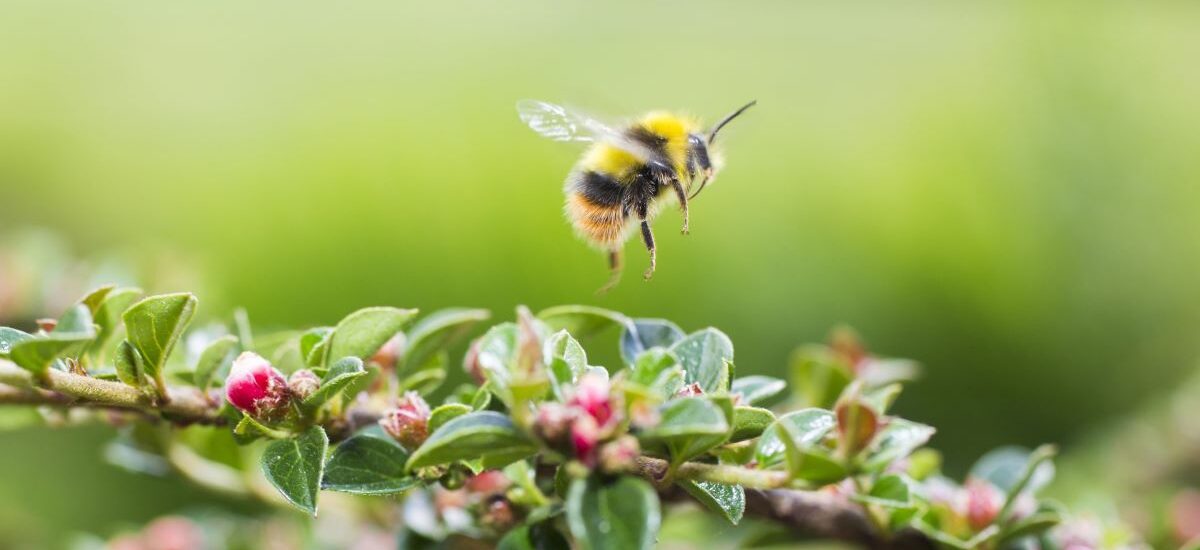From Cosmos (2/12/23)…
Even with tight regulations, pesticides are still damaging bee colonies
European researchers are ringing the alarm about human and farming activities damaging bee populations.
An international team has investigated 316 bumblebee colonies across eight European countries, finding that despite rigorous risk assessments, European bees are still being damaged by pesticide use.
“With the largest experimental field deployment of any pollinator, we see that bumblebees encounter multiple pesticides in agricultural landscapes, resulting in fewer offspring,” said Dr Charlie Nicholson, co-lead author and postdoc at Lund University.
“On top of this, pesticides do more harm in landscapes with less habitat.”
The European Union has largely banned neonicotinoids, a controversial pesticide implicated in colony collapse in bees – from use outside of green houses. But many other types of insecticides, as well as one type of neonicotinoid which is thought to have a low risk to bees, are still being used.
This is more stringent than some other locations. For example, neonicotinoids are registered for restricted use in Australia while the US Environmental Protection Agency has some management measures in place.
The European researchers put 316 colonies near apple and oil seed crops across the different countries, and then took pollen from inside the hive and assessed it for types of pesticides.
They were able to map these different pesticides to the colony weight before, during and after crops bloomed. A lower colony weight means less offspring, food and bees overall.


